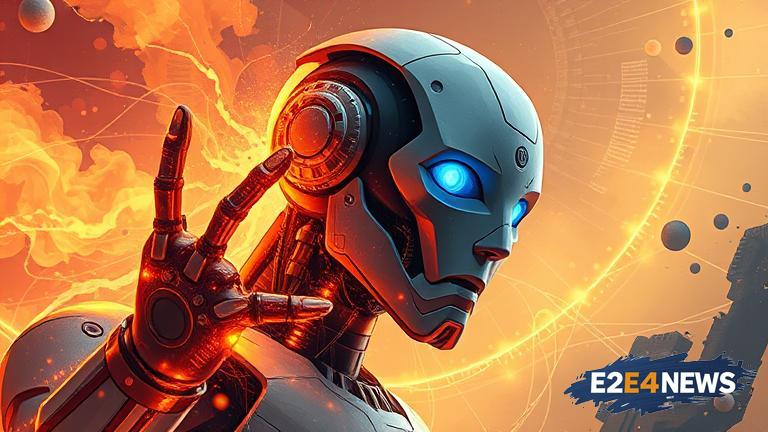The recent unveiling of ChatGPT-5 has sent shockwaves throughout the tech community, with experts struggling to comprehend the sheer magnitude of its capabilities. Sam Altman, CEO of OpenAI, has publicly expressed his astonishment, stating that he feels ‘useless’ in the face of such unprecedented power. The comparison to the Manhattan Project, a research and development undertaking that produced the atomic bomb during World War II, is a telling indication of the significance of this breakthrough. ChatGPT-5’s abilities have been described as nothing short of revolutionary, with the potential to transform numerous aspects of our lives. From healthcare and education to finance and transportation, the implications of this technology are far-reaching and profound. As researchers and developers continue to explore the possibilities of ChatGPT-5, concerns regarding its safety and potential misuse have begun to emerge. The need for stringent regulations and safeguards has become increasingly apparent, as the world grapples with the consequences of creating such a powerful tool. Meanwhile, the scientific community is abuzz with excitement, as the possibilities for advancement and discovery seem endless. ChatGPT-5’s capacity for learning and adaptation has been likened to a superhuman intelligence, capable of processing vast amounts of data and providing insights that were previously unimaginable. As the world struggles to keep pace with the rapid evolution of AI, one thing is certain: the future of technology has never been more uncertain, or more exhilarating. The potential applications of ChatGPT-5 are vast and varied, ranging from medical diagnosis and treatment to climate modeling and renewable energy. Furthermore, the technology has the potential to revolutionize the field of education, making high-quality learning materials and personalized instruction available to people all over the world. However, as with any powerful technology, there are also risks and challenges associated with ChatGPT-5, including the potential for job displacement, social manipulation, and even existential threats. As such, it is essential that researchers, policymakers, and industry leaders work together to ensure that the development and deployment of this technology are guided by a framework of ethics, responsibility, and transparency. In the words of Sam Altman, ‘We need to be careful about how we develop and use this technology, and make sure that it is aligned with human values and promotes the well-being of all people.’ The road ahead will undoubtedly be complex and challenging, but one thing is clear: the emergence of ChatGPT-5 marks a significant turning point in the history of artificial intelligence, and its impact will be felt for generations to come. As the world continues to grapple with the implications of this technology, it is essential that we prioritize open and honest dialogue, international cooperation, and a commitment to responsible innovation. The future of AI is uncertain, but with careful planning, collaboration, and a dedication to the greater good, we can ensure that its benefits are shared by all, and its risks are mitigated. The development of ChatGPT-5 is a testament to human ingenuity and the boundless potential of technological innovation. As we move forward, it is crucial that we recognize the significance of this achievement, and work together to harness its power for the betterment of society. The possibilities are endless, and the future is bright, but it will require careful stewardship and a deep commitment to responsible AI development. In conclusion, the emergence of ChatGPT-5 is a watershed moment in the history of AI, and its impact will be felt across the globe. As we navigate the complexities and challenges of this technology, it is essential that we prioritize ethics, responsibility, and transparency, and work together to ensure that its benefits are shared by all.
